
Serbaserbi Secondary Skin dan Fungsinya untuk Eksterior
Secondary streptococcal infections are treated with topical mupirocin or oral penicillin. Corynebacterium infections are treated with oral erythromycin. Intertrigo is caused by cutaneous.

Image Gallery Secondary Skin Lesions Clinician's Brief
Secondary lesions develop from irritated or manipulated primary lesions and/or manifestations of disease progression. The key features of skin lesions include type, morphology, color, shape, arrangement, and distribution.
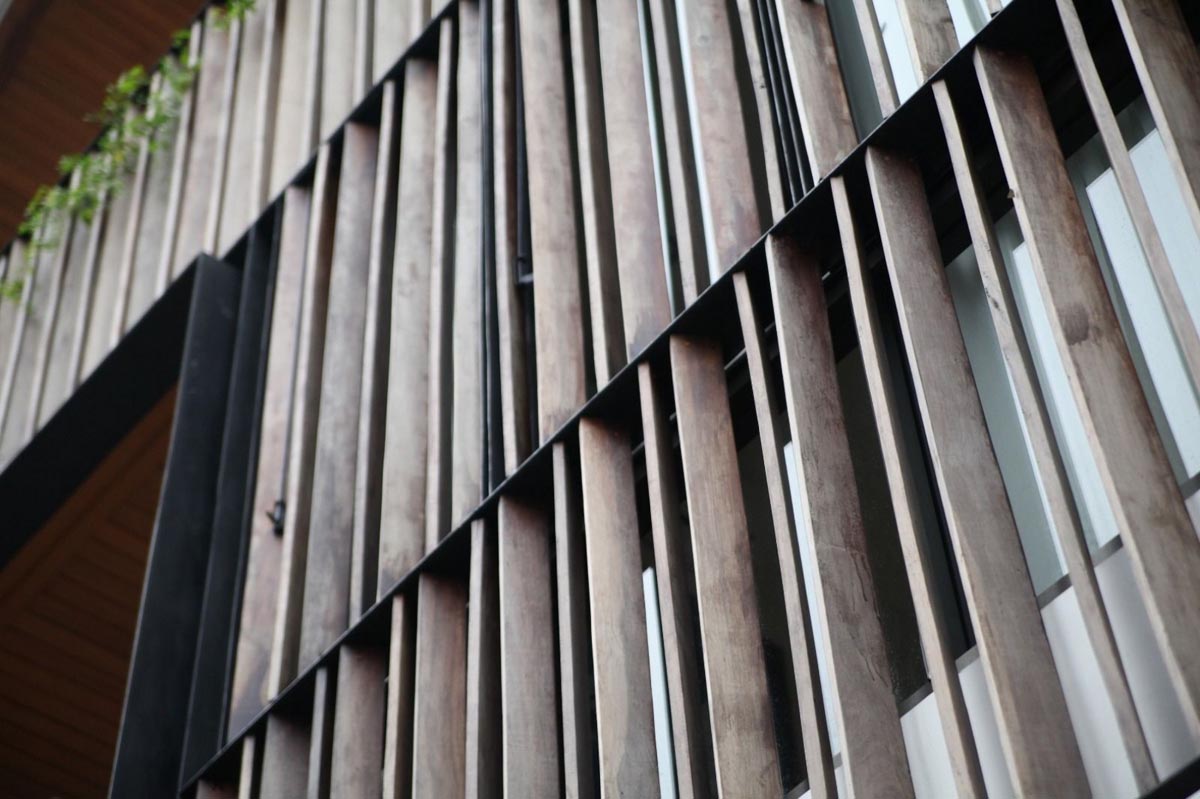
Mengenal Secondary Skin dan Fungsinya pada Bangunan Archify Indonesia
Secondary skin lesions are created by scratching, scrubbing, or infection. They may also develop normally with time. For example, the primary lesion in a sunburn is a macular erythema (although it could also be a blister), but with resolution, scale and increased pigmentation become prominent. Examples of secondary lesions include: •
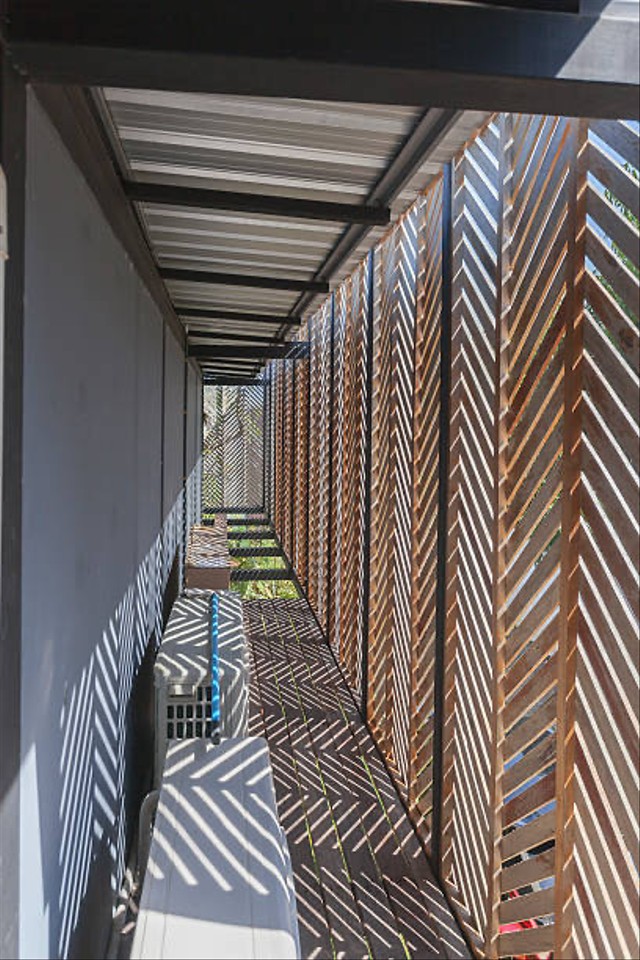
KisiKisi Jadi Wujud 'Secondary Skin' pada Bangunan
Secondary skin lesions occur when a primary skin lesion progresses in severity through natural environmental influence (a skin cancer progresses to ulceration). Secondary skin lesions also.
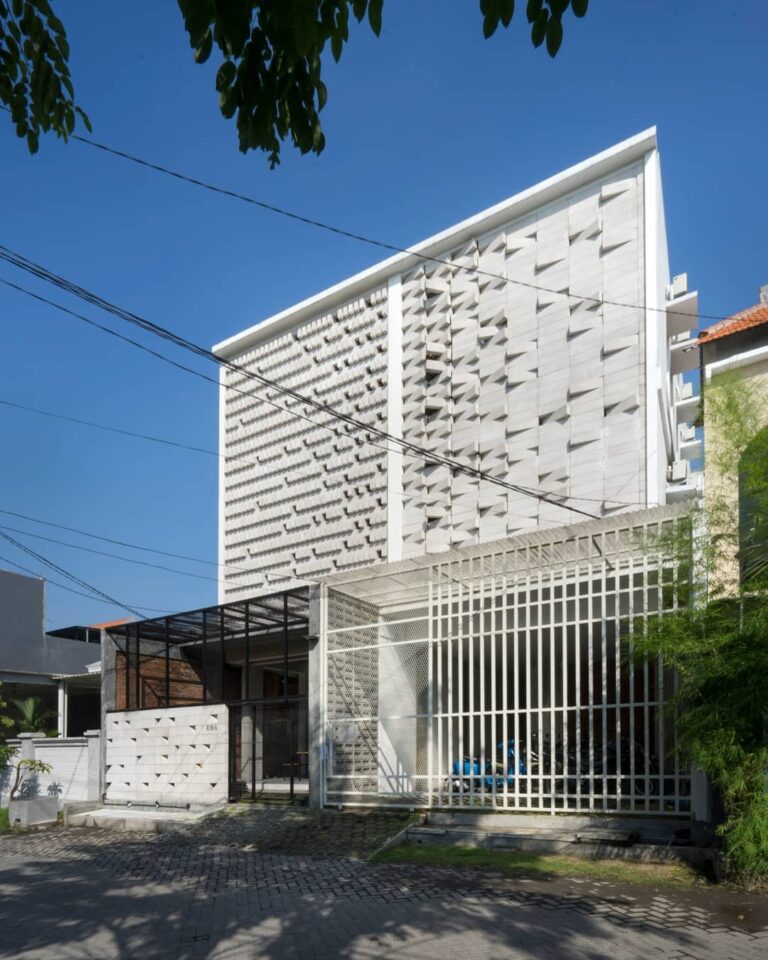
Yuk Kenali Istilah dan Manfaat Secondary Skin pada Fasad Rumah, yang
Secondary skin lesions, which get inflamed and irritated, develop after primary skin lesions or due to an injury. The most common secondary skin lesions include. Crust: A crust or a scab is a type of skin lesion that forms over a scratched, injured or irritated primary skin lesion. It is formed from the dried secretions over the skin.
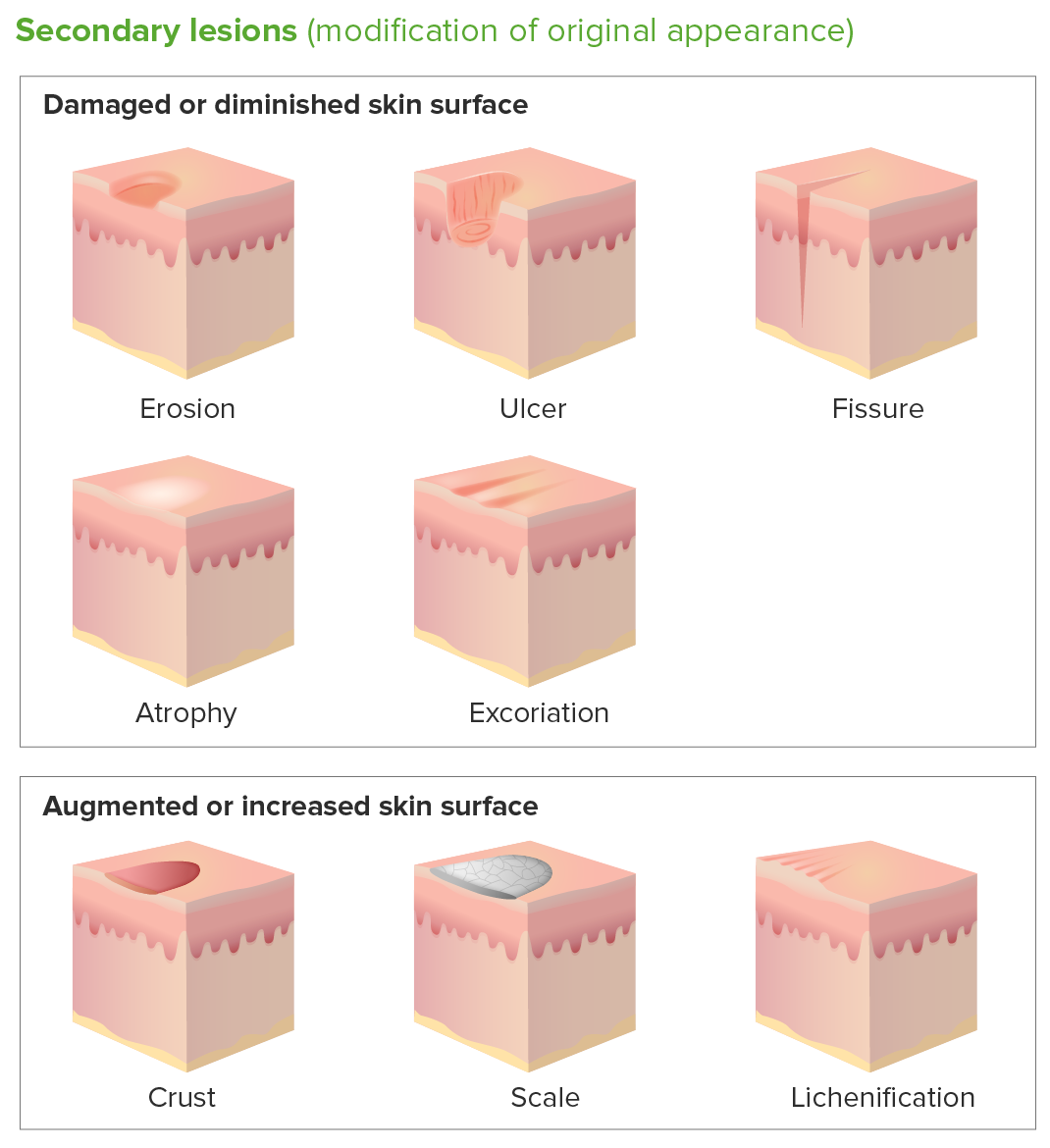
Secondary Skin Lesions Concise Medical Knowledge
Lichenification is a secondary skin lesion that is characterized by hyperpigmentation, thickening of the skin, and exaggerated skin lines. It usually appears in areas of constant scratching or rubbing. Lichenification can be further classified as primary, when it results from neurodermatitis, and secondary, when another medical condition is the.

Image Gallery Secondary Skin Lesions Clinician's Brief
Secondary skin lesions: Changes which occur as a result of the natural development of, or due to external manipulation of the primary lesion. (sometimes the secondary changes make it impossible to see and describe the primary lesion) (scale, lichenification, keloid, excoriation, fissure, erosion, ulcer, atrophy, crust, hyperkeratosis)
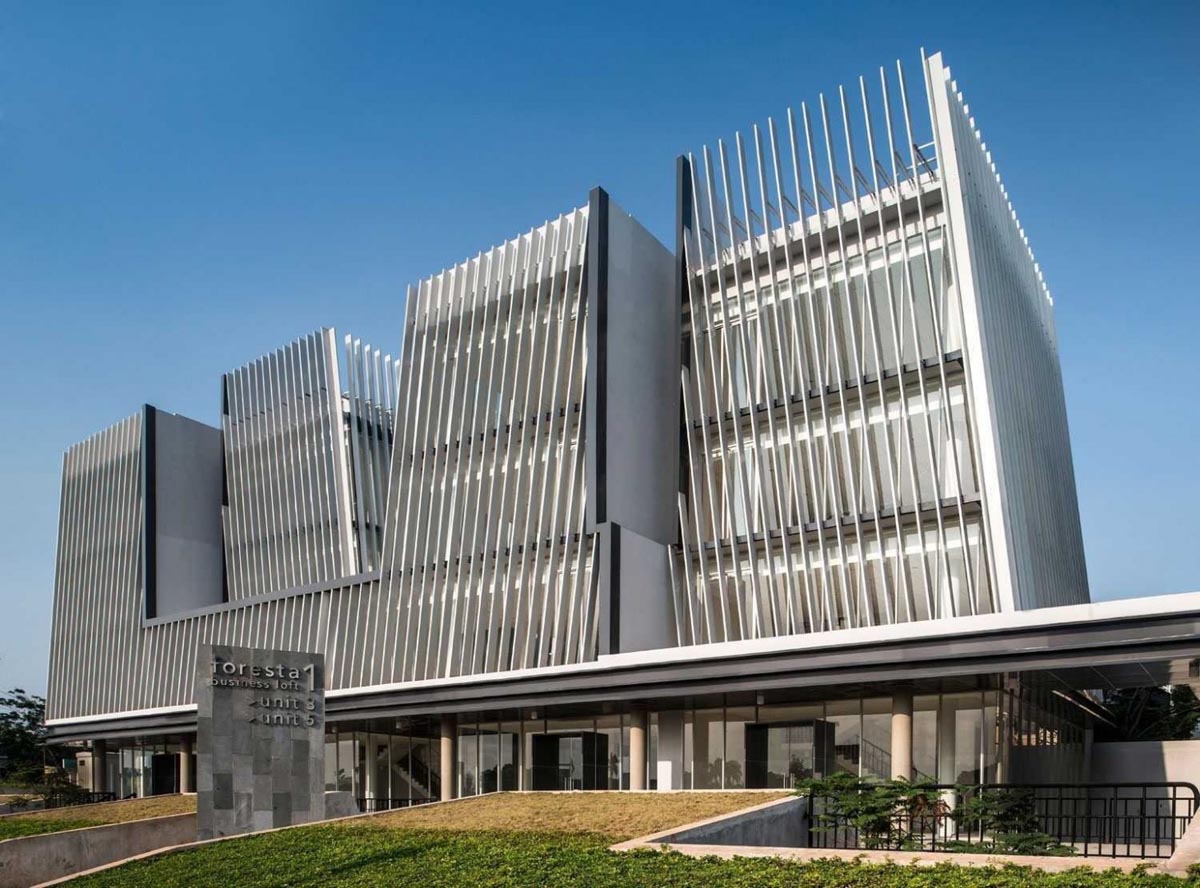
Mengenal Secondary Skin dan Fungsinya pada Bangunan
Primary vs. Secondary Diagnosis Treatment Skin lesions are abnormal changes in the skin compared to the surrounding tissue. Skin lesions may look like bumps or patches, or they may be smooth. They may be a different color or texture compared to nearby skin. Common causes include acne, cellulitis, and chickenpox.

Image Gallery Secondary Skin Lesions Clinician's Brief
A skin lesion is a part of the skin that has an abnormal growth or appearance compared to the skin around it. There are two categories of skin lesions: primary and secondary.
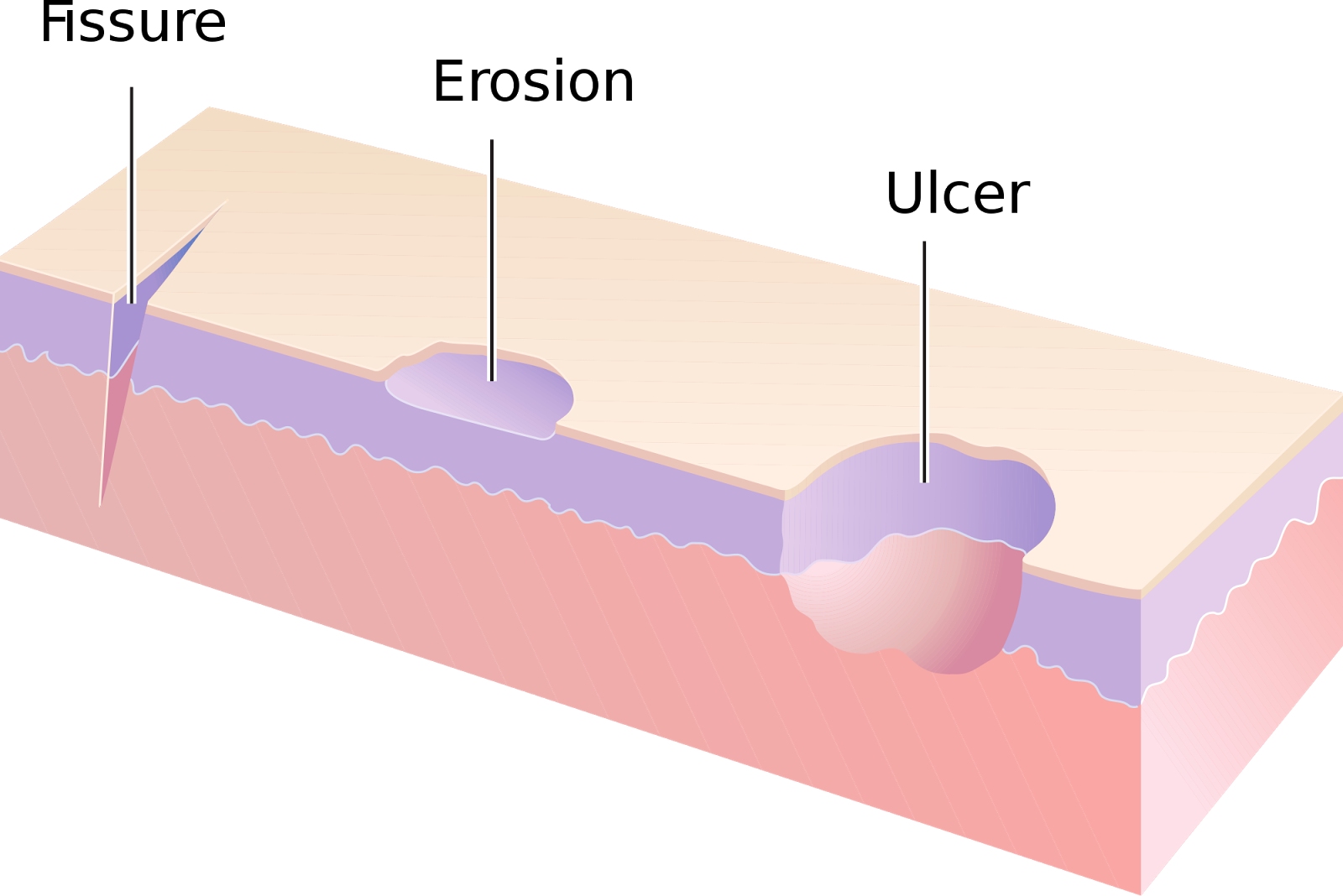
Study Medical Photos Description Of Secondary Skin Lesions
What type of secondary lesion is linear, angular erosion. Excoriation. Caused by scratching. What type of secondary lesion is linear and can occur o the skin or mucosa? Fissure. An acquired loss of substance is considered _______________. Atrophy. Loss of the epidermis leads to this appearance of the skin.
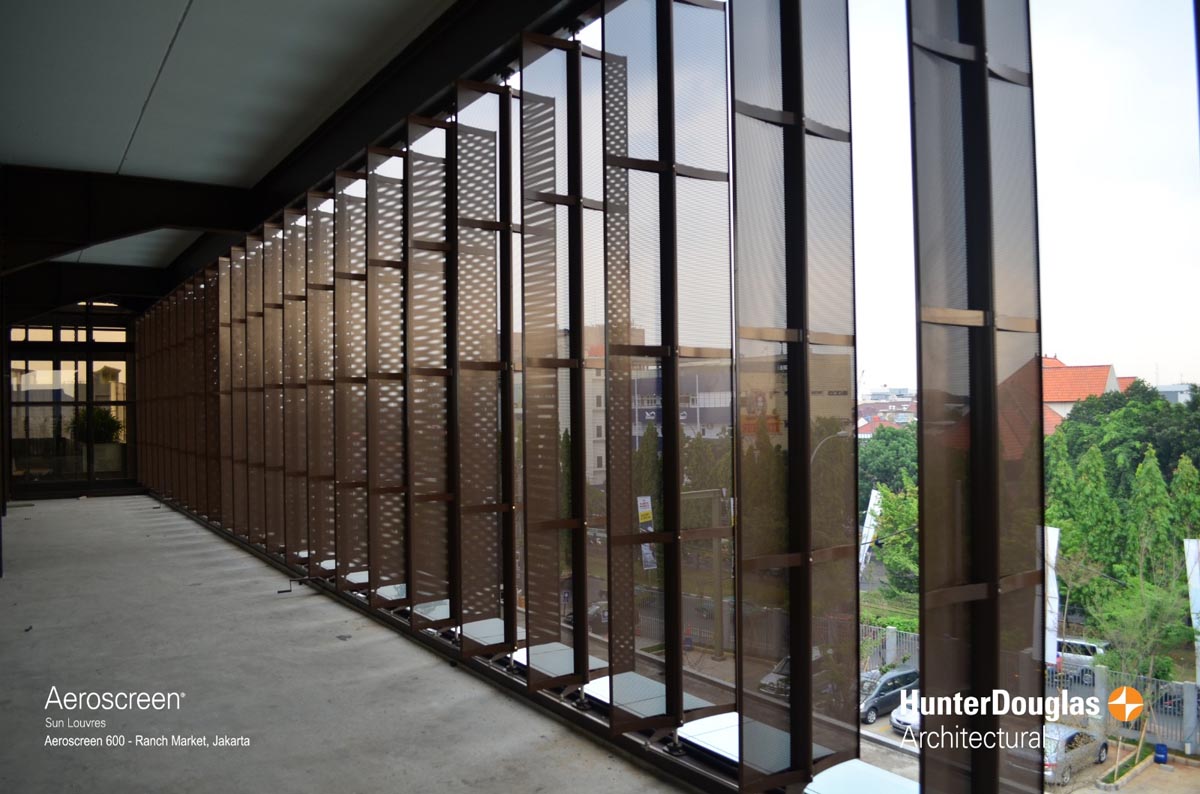
Mengenal Secondary Skin dan Fungsinya pada Bangunan Archify Indonesia
Kimberly Ferren Carter is an associate professor of nursing at Radford (Va.) University. Linda Testani Dufour is a clinical nurse specialist at the Shepherd Center in Atlanta, Ga. Carol N. Ballard is a family nurse practitioner at Medical Associates of Southwest Virginia in Blacksburg, Va.

6 Inspirasi Memukau Desain Secondary Skin Rumah Anda
Overview What are skin lesions? Skin lesions are areas of your skin that are different from the skin around them. Skin lesions are common and may be the result of an injury or damage to your skin, like sunburn. They're sometimes a sign of underlying conditions, like infections or autoimmune diseases.

Ternyata Ini Manfaat Secondary Skin Pada Sebuah Bangunan
arterial insufficiency. secondary skin lesions. Lichenification. thickening/roughening of skin. accentuated skin markings. may be secondary to repeated rubbing, irritation, scratching. contact dermatitis. secondary skin lesions. Study with Quizlet and memorize flashcards containing terms like Macule, Patch, Papule, Plaque, Nodule, Tumor and more.
Ketahui 6 Manfaat Secondary Skin pada Fasad Rumah
Differential assessment of the skin condition or wound is essential to understanding its cause and development. First, assess the patient's skin temperature, dryness, itching, bruising, and changes in texture of skin and nail composition. Also, assess the skin for color and uniform appearance, thickness, symmetry, and primary or secondary.
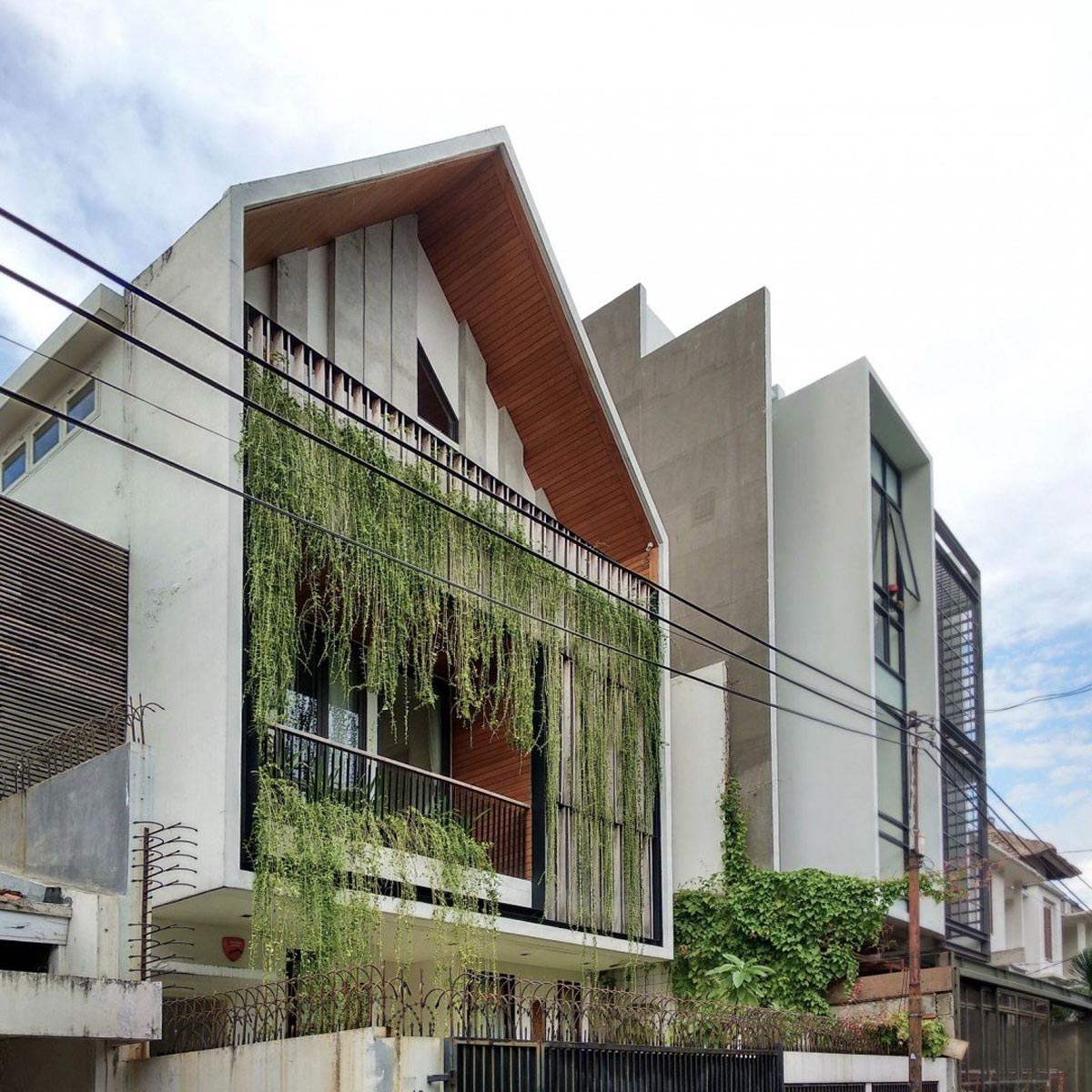
Mengenal Secondary Skin dan Fungsinya pada Bangunan Archify Indonesia
Secondary Structures of the Skin. Above: Illustrated diagram of the skin and underlying hypodermis with all of its associated secondary structures including hair, sweat glands, and sebaceous glands. Hair. Hair is a keratinous filament growing out of the epidermis. It is primarily made of dead, keratinized cells.
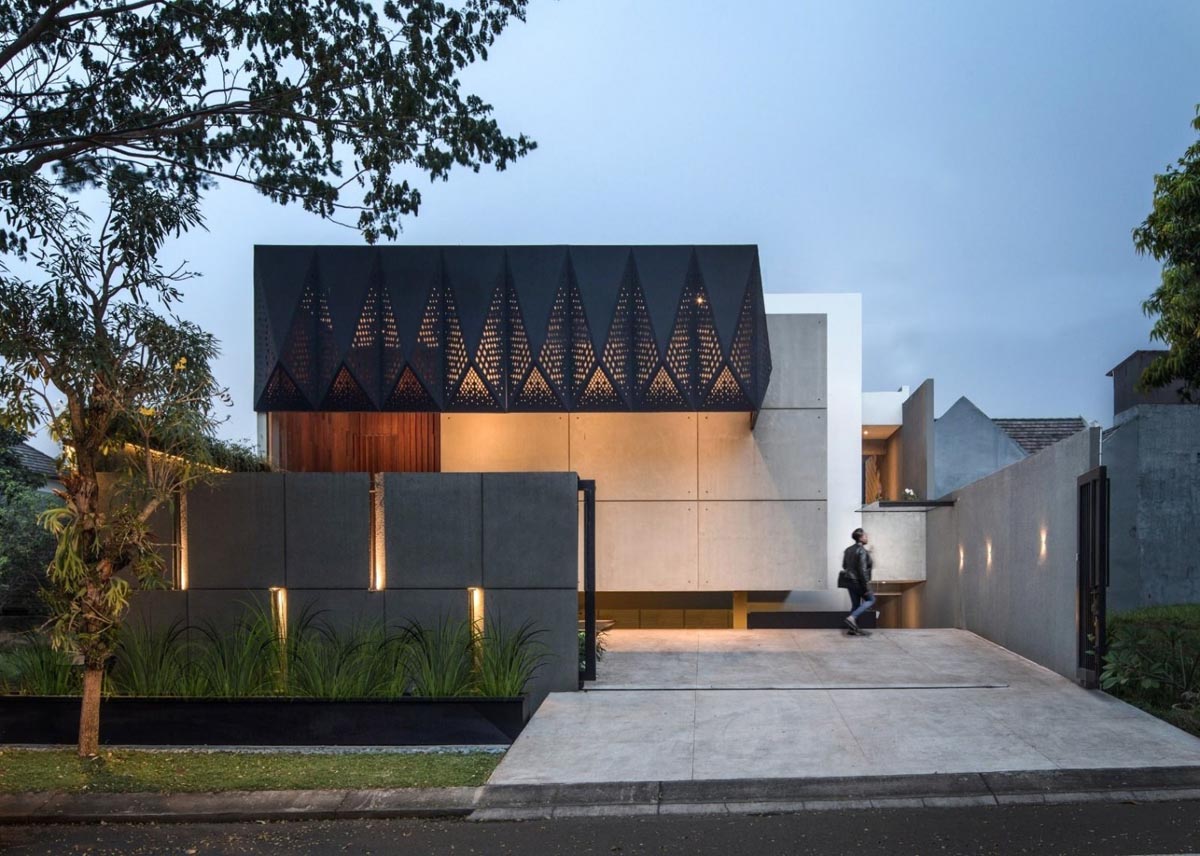
Mengenal Secondary Skin dan Fungsinya pada Bangunan Archify Indonesia
On the other hand, secondary skin lesions develop from the evolution of a primary skin lesion, either due to traumatic manipulation, such as scratching or rubbing, or due to its treatment or progression. Examples of secondary skin lesions include crusts, sores, ulcers, and scars. Join millions of students and clinicians who learn by Osmosis!